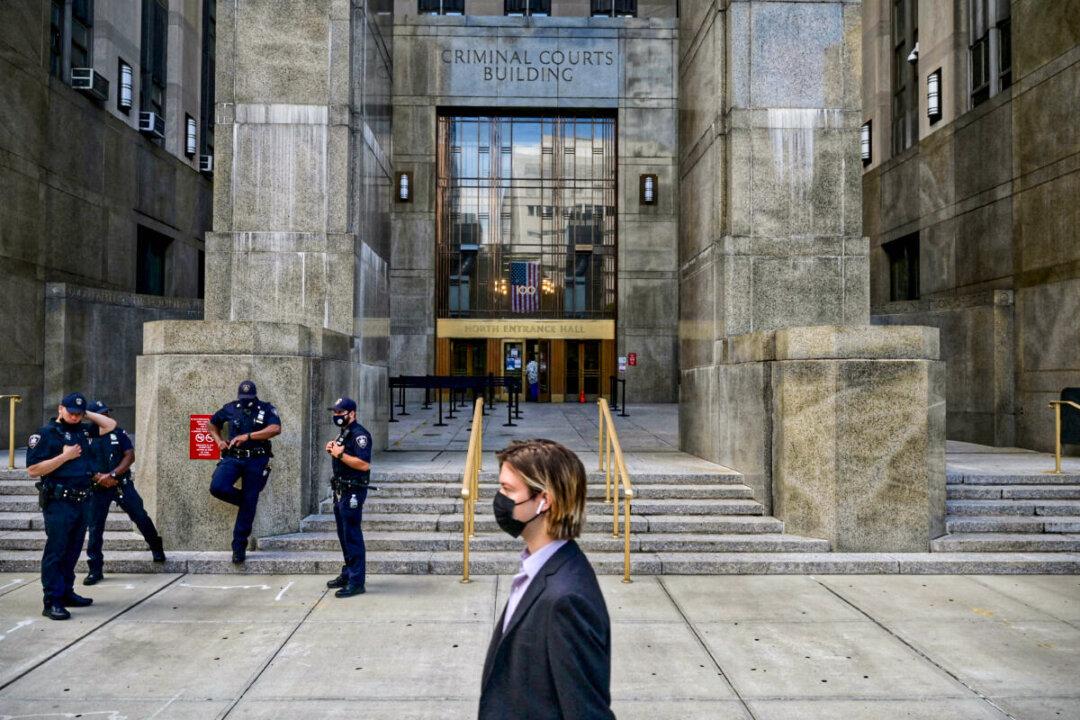State courts across the country have gradually reopened for in-person proceedings, although many have yet to reach their pre-pandemic operating capacity.
State attorneys can barely handle the mounting number of new cases, leaving a trail of extra work every day, all while trying to chip away at the massive backlogs accumulated during months of court shutdowns during the COVID-19 pandemic. Technology and remote hearings have helped to limit the backlog, but they could only go so far in a criminal justice system in which key functions, such as trials, still rely on face-to-face proceedings.





